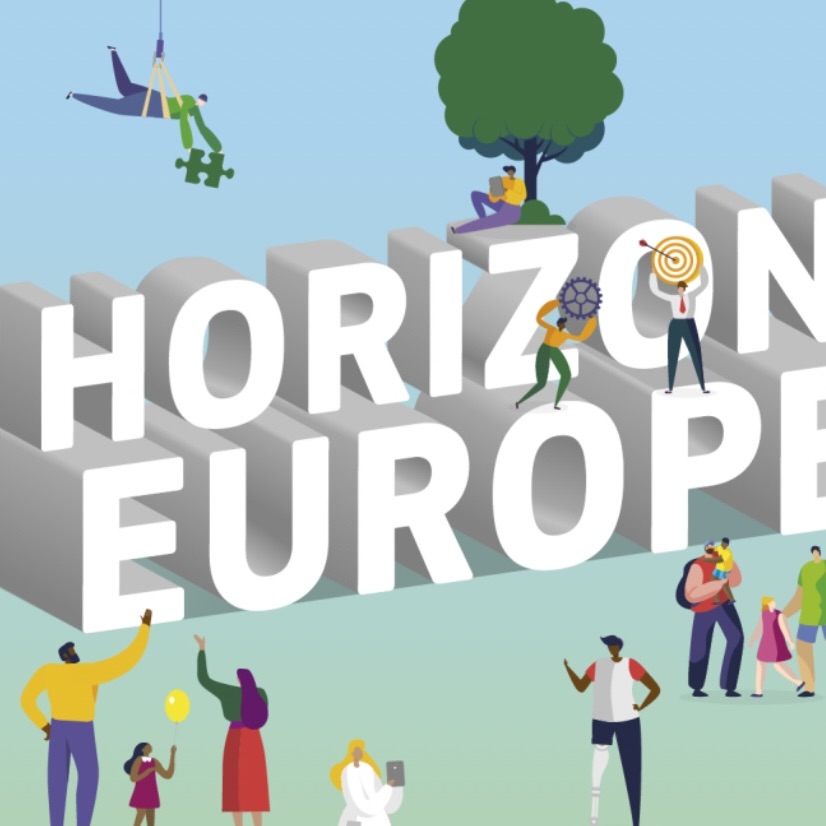Across all sectors (business, public, university and NGO sectors), women researchers account for 32.9% of the workforce in Europe, while in Austria it is 30.4%. Women are least represented in the business sector with 21.3% across the EU and 17.7% in Austria. The European Commission (EC) is now responding by requiring Horizon Europe applicants to develop a Gender Equality Plan (GEP) in order to apply for funding.
A GEP aims to promote gender equality through institutional cultural change. It is public organizations that face this task since 2022. Five content areas that can serve as guidance for companies are proposed by the EC for the GEP: these relate to taking action in work-life balance and organizational culture, gender balance in leadership and decision-making, and in recruiting and career progression. Likewise, measures are recommended to integrate the gender dimension into research and teaching, just as steps are to be taken to prevent gender-based violence and sexual harassment.
However, there are also elements of the GEP that are specified in order to secure it structurally in the organization. There must be sufficient resources (financial, human) for implementation, there must be ongoing monitoring of the indicators developed and combined with annual reports, and staff and decision-makers must receive training on equality and gender bias. Finally, the GEP must be signed by the management and must be published on the organization’s website.
In participatory processes MOVES supports organizations in developing an equality plan. Learn more.
